 SUBJECT: SAVE THE DATE! “Hereditary Neuropathies” Facebook Chat on July 24th
SUBJECT: SAVE THE DATE! “Hereditary Neuropathies” Facebook Chat on July 24th
The Neuropathy Association and the Hereditary Neuropathy Foundation To Co-Host the “Hereditary Neuropathies” Facebook Chat On July 24th!
The Neuropathy Association and the Hereditary Neuropathy Foundation are pleased to announce that we will be co-hosting a Facebook Chat on July 24th that focuses on better understanding the diagnosis, care and treatment of hereditary neuropathies.
FACEBOOK CHAT: “Hereditary Neuropathies”
WHEN: July 24th, 2013 (7:00 pm – 8:30 pm ET)
WHERE: www.facebook.com/NeuropathyAssociation
GUEST HOSTS: Robert H. Baloh, MD, PhD; Jared Gollob, MD; Glenn B. Pfeffer, MD
Hereditary neuropathies represent a range of neuropathies resulting from alterations in the DNA making up our chromosomes. They are divided into two groups: one, where the neuropathy is the primary part of the disease (e.g., Charcot-Marie-Tooth disease); and the second, where it is part of a more widespread neurological or multi-system disorder (e.g., Familial Amyloid Polyneuropathy and neuropathies associated with hereditary ataxia).
The largest category of inherited peripheral neuropathies affecting both motor and sensory nerves is the Charcot-Marie-Tooth (also called “CMT”) disorders. CMT refers to a large group of inherited disorders first described in 1886 by three physicians—Jean-Martin-Charcot, Pierre Marie, and Howard Henry Tooth. Today, CMT is known to affect approximately 1 in 2,500 individuals in the U.S., and 2.6 million people worldwide, although experts believe the number could be much higher.
Neuropathy, in general, is not easy to diagnose and even more complex to manage. Working with a health care professional who specializes in neuromuscular diseases is critical, as is recognizing and managing the symptoms early in the disease process. This is particularly important in the case of hereditary neuropathies.
This Chat offers participants a unique opportunity to learn about—and discuss—the hereditary neuropathies. Our guest hosts—Drs. Baloh, Gollob, and Pfeffer—will field questions posed by the Chat participants, while also discussing:
– The importance of recognizing the symptoms early and how hereditary neuropathies are diagnosed;
– The value of partnering with neurologists specializing in neuromuscular diseases as well as geneticists to get a prompt diagnosis, determine treatment strategies, and avail of counseling as needed; and
– Ways to improve access to care and quality of life with bracing, surgery, exercise, and alternative therapies.
In addition, the Chats emphasize that living a productive life with hereditary neuropathy—and neuropathy in general—is possible with early diagnosis, symptom management, and regular follow-ups, but it requires active engagement by the patient in his/her own medical care along with the aid of an array of resources—limited as they are—that do currently exist.
Dr. Robert H. Baloh is director of Neuromuscular Medicine in the department of Neurology, and of the Brain Program at the Regenerative Medicine Institute at Cedars-Sinai. He co-directs the Cedars-Sinai CMT clinic, together with Drs. Richard Lewis and Glenn Pfeffer. His research laboratory investigates stem cells for use in modeling and treating neuromuscular diseases including CMT disease.
Dr. Jared Gollob is the Clinical Lead for the TTR Amyloidosis Program (ALN-TTR) at Alnylam Pharmaceuticals. Prior to Alnylam, he was at Duke University where he was Associate Professor of Medicine and Director of the Biologic Therapy Program, with a secondary appointment as Associate Professor of Immunology. He was also concurrently Head of Hematology/Oncology at the Duke VA Medical Center. Dr. Gollob received his A.B. and M.D. from Columbia University, and then completed his clinical training at Massachusetts General Hospital, Harvard Medical School, and the Dana-Farber Cancer Institute.
Dr. Glenn B. Pfeffer is director of the Foot and Ankle Program at Cedars-Sinai’s Orthopaedic Center and co-director of the Cedars-Sinai/USC Glorya Kaufman Dance Medicine Center. Dr. Pfeffer’s primary clinical and research interests involve sports injuries and reconstruction of the foot and ankle. He has pioneered several minimally invasive techniques for foot and ankle surgery. He is a board-certified orthopedic surgeon, a diplomate of the American Board of Orthopaedic Surgery and a fellow of the American College of Surgeons. He is a past president of the American Orthopaedic Foot and Ankle Society, the American Association of Foot and Ankle surgeons, and the California Orthopaedic Association.
We look forward to having you join us on July 24th for this Facebook Chat, which will be held on the Neuropathy Association’s Facebook page. A special thanks to Drs. Baloh, Gollob, and Pfeffer for giving their time and expertise to speak with our community!
P.S. If you do not use Facebook:
– You can still access the Chat “live” by visiting The Neuropathy Association’s Facebook page, but you will not be able to join the conversation by posting comments. View the Neuropathy Association’s Facebook page!



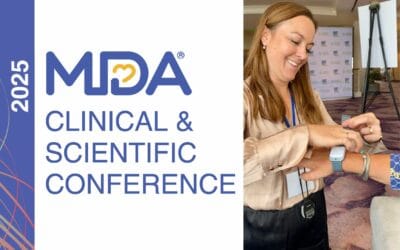
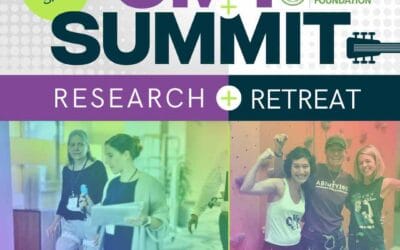
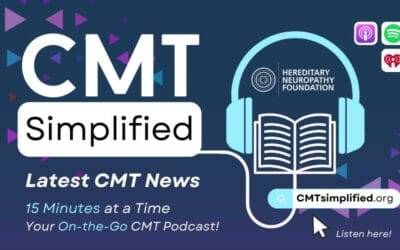

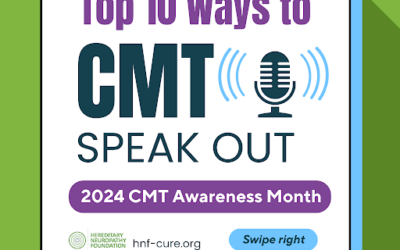
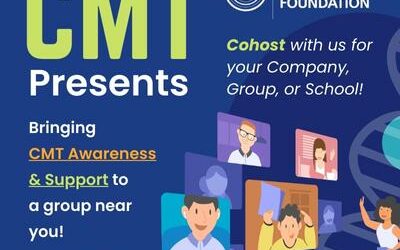
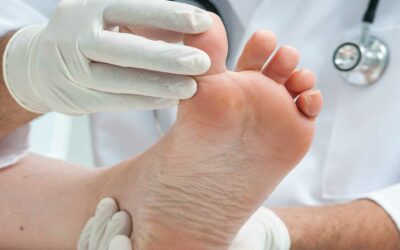

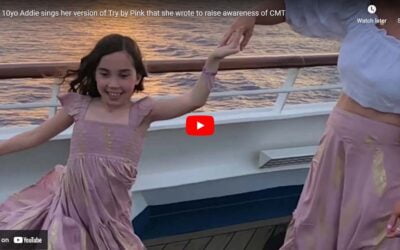
I am a diabetic and suffer from severe Diabetic Neuropathy. I use to be a member of The Neuropathy Association,started by the late Mary Ann Donovan, God bless her. What happened to that original group? Did it change it’s name or did it go out of business? Where can I contact someone who knows about where “The Neoropathy Association, Inc. has gone or moved to? Thank You, Jo-Ann Manning.
Not only do have inherited neuropathy but I also have inherited emphysema and COPD. Both make it hard to breathe and walk. I can’t take the medications for neuropathy it almost killed me in 2005. I’m not diabetic. Can you help in anyway? Thank you